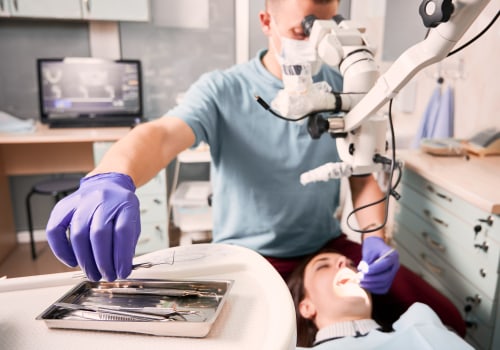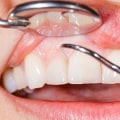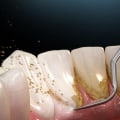Periodontal disease, also known as gum disease, is a serious condition that can lead to tooth loss and other health complications. Fortunately, there are medications available that can help treat periodontal disease and reduce the risk of further damage. Tetracycline antibiotics, anti-tumor necrosis factor drugs, non-steroidal anti-inflammatory drugs, and antiplatelet drugs are all potential treatments for periodontal disease. Tetracycline antibiotics are the most commonly used drugs for periodontal treatment.
These antibiotics, which include tetracycline hydrochloride, doxycycline, and minocycline, have antibacterial properties that reduce inflammation and block collagenase, a protein that destroys connective tissue. Studies have shown that these antibiotics can improve periodontal parameters in patients with rheumatoid arthritis. Anti-tumor necrosis factor (TNF) drugs are also used to treat periodontal disease. TNF-α is a cytokine that plays an important role in the pathogenesis of periodontitis.
Animal studies have shown that cytokine inhibitors such as pentoxifylline and thalidomide can have a protective effect on periodontal tissues. However, these drugs are expensive and unlikely to be used for the treatment of periodontal diseases in the near future. Non-steroidal anti-inflammatory drugs (NSAIDs) are also used to treat periodontal disease. These drugs can reduce inflammation and pain associated with periodontal disease.
Studies have shown that NSAIDs can improve periodontal parameters in patients with rheumatoid arthritis. Antiplatelet drugs are also used to treat periodontal disease. These drugs can reduce inflammation and improve periodontal parameters in patients with rheumatoid arthritis. However, it is difficult to compare patients who take statins with those who do not take them to determine their possible effect on periodontal disease due to other confounding factors that could affect their experience with periodontal disease. If you have advanced periodontal disease, you may need to undergo procedures such as flap surgery or bone or gum grafts.
These procedures require one to four weeks of recovery time.








